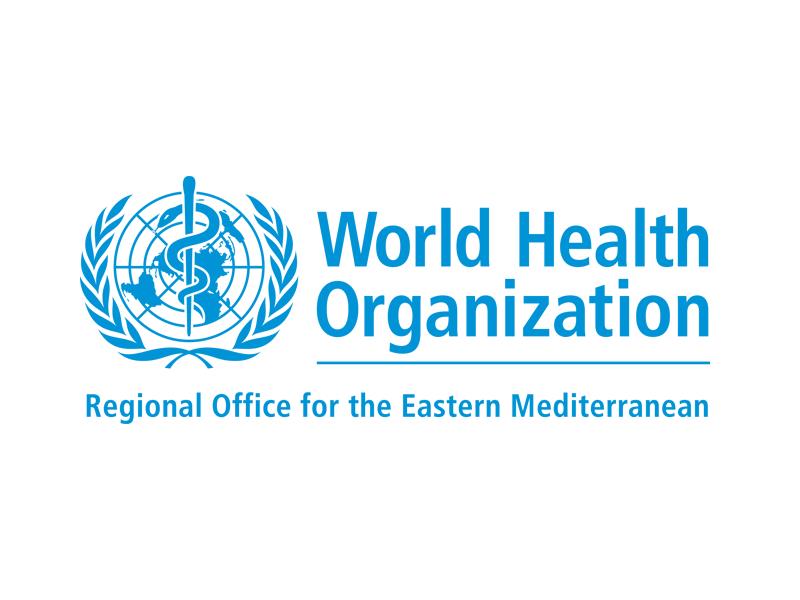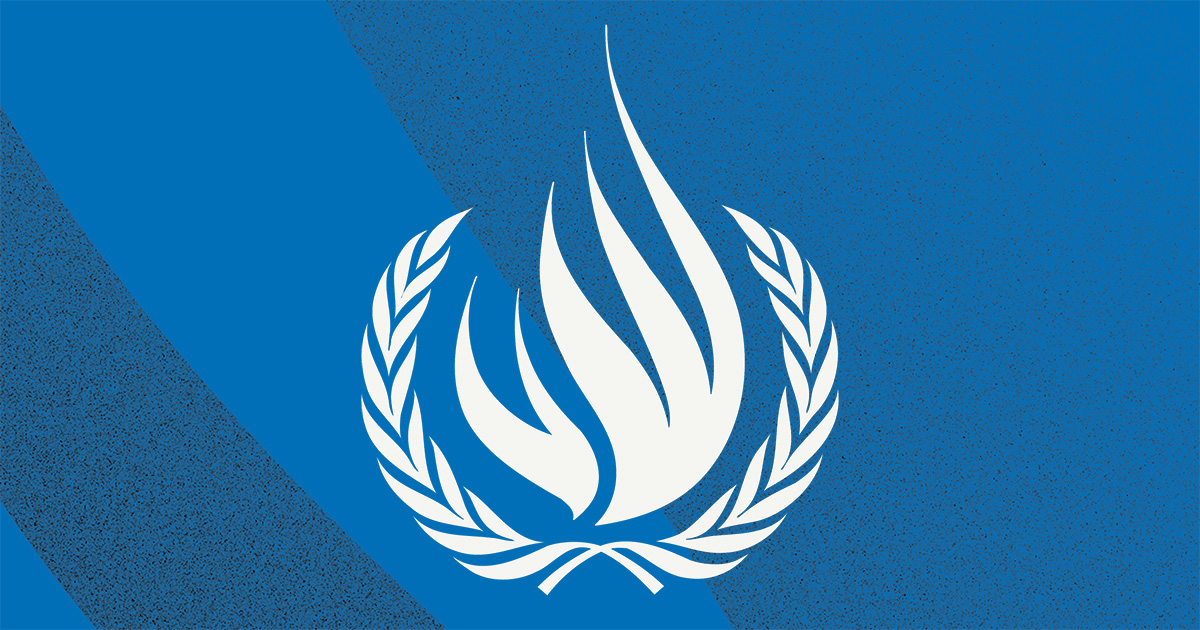
Volker Türk, United Nations High Commissioner for Human Rights
At
OHCHR Consultation on Mental Health and Human Rights
Related
Statements and speeches
Human rights" focus on fact, law and compassion particularly crucial in the fog of war, Türk tells journalists in New York
Statements and speeches
At Summit of the Future, Türk challenges policy-makers to ensure that present decisions take into account future human rights impact
Statements and speeches
Threats to the rights of LGBTIQ+ people once again on the rise, Türk warns at the Summit of the Future
Excellencies, colleagues, friends,
Our minds and hearts are the avenues through which we form relationships and create bonds, build communities, grow, learn, and share.
They are the very essence of our mental health – which is every bit as fundamental to our being as the lungs that allow us to breathe.
We must do more to protect it.
So I am delighted to open this important, timely consultation.
Today’s event marks 12 months since we launched the “Mental health, human rights and legislation: Guidance and practice” with the World Health Organization. And it comes at a time when mental health – despite some progress – continues to be stigmatized and misunderstood.
Neglecting mental health can push individuals into poverty, strip them of their dignity, and cast them adrift from society.
And people with psychosocial disabilities or with mental health conditions are often deprived of basic human rights, including health, education, and employment.
This is unacceptable in a world that seeks to treat all people equally – and I feel the pain that this causes.
Too often, societies treat those with mental health conditions as a burden, or something to be ashamed of. But the social isolation, discrimination, violence and abuse that can be the root causes of mental health issues should shame us.
We must do more to tackle them -- starting with human rights. Physical and mental health are intrinsically linked to other human rights. Feeding one, nourishes the other. Promoting one, protects the other.
We must reduce and end stigma, including by holding open discussions like this one.
And we have to prioritise access to care and support. The COVID-19 pandemic highlighted inequalities in accessing mental health services, especially for certain groups.
This must change.
Mental health services must be accessible, available, affordable, and equitable – and that demands investment from governments and communities.
Yet, today, most budget allocations for mental healthcare are grossly inadequate.
Many countries dedicate around 2% of health expenditure to mental health, with even lower percentages in low- and middle-income countries. Austerity and reduced public spending have further limited access to quality care.
I urge States to rectify this.
Investing in mental health is a human rights imperative that makes social and economic sense – and it is an investment that will be repaid a thousandfold. Prioritizing mental health is not only about funding. Effective measures such as policy reforms or peer networks can be implemented at relatively low cost.
Colleagues,
Mental health is a crucial building block for sustainable development and social cohesion. It is not just a personal issue but a collective responsibility, enshrined in human rights.
It fosters emotional, psychological, and social resilience in a world that is often overwhelming and chaotic.
My Office will continue to advocate for holistic mental health systems, prioritizing dignity, inclusion, and equality.
You play a vital role. The deep expertise and experience present at today’s consultation make it easier to imagine a brighter future, where mental health is celebrated, not stigmatized.
So I thank you all, I look forward to collaborating with you, and I wish you a fruitful consultation.











